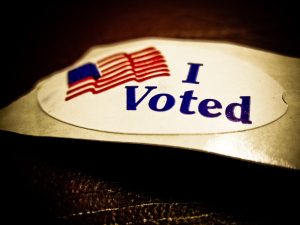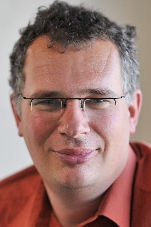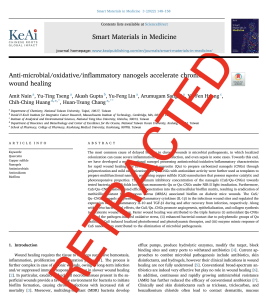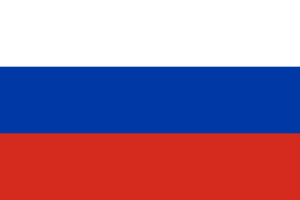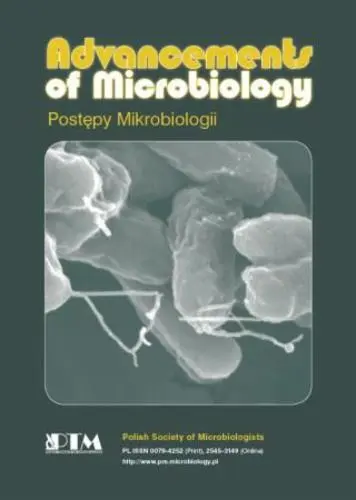With retractions piling up and more than a dozen expressions of concern now added to the list of his publishing woes, a urologist in Iran claims his research is being targeted by American drugmaker Johnson & Johnson.
Mohammad Reza Safarinejad, who offered no evidence for his allegations, says he retired from academia about 10 years ago and now runs a private clinic in Tehran. He has published scores of studies on topics ranging from treatments for premature ejaculation to saffron’s effect on semen, some of which have garnered hundreds of citations.
Starting in 2011, however, journals began pulling his papers over such issues as failure to verify data and inappropriate statistical analyses. The latest retraction, from August 2022, brings the tally up to 15, according to the Retraction Watch Database. And on January 10, The Journal of Urology issued expressions of concern for 14 of his papers, which have been cited a total of nearly 800 times, according to Clarivate’s Web of Science.
The journal states:
Continue reading Urologist blames Big Pharma as concerns mount over his research
